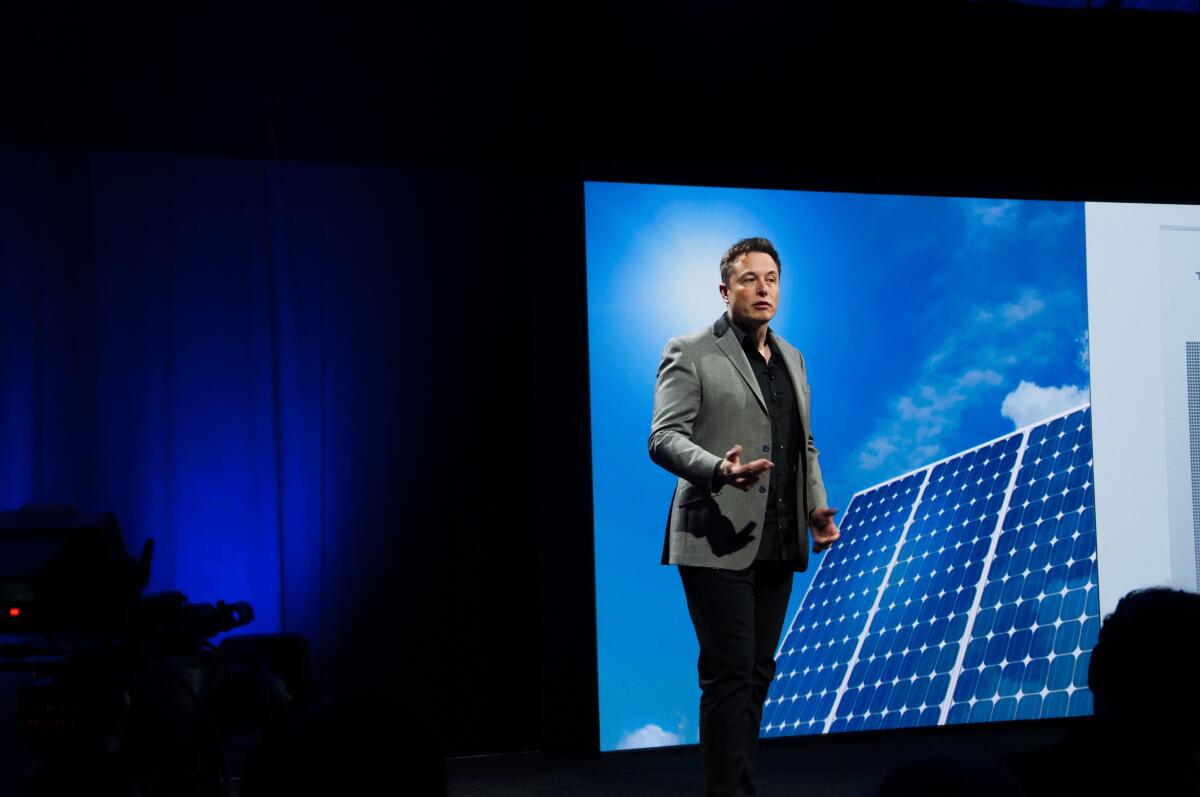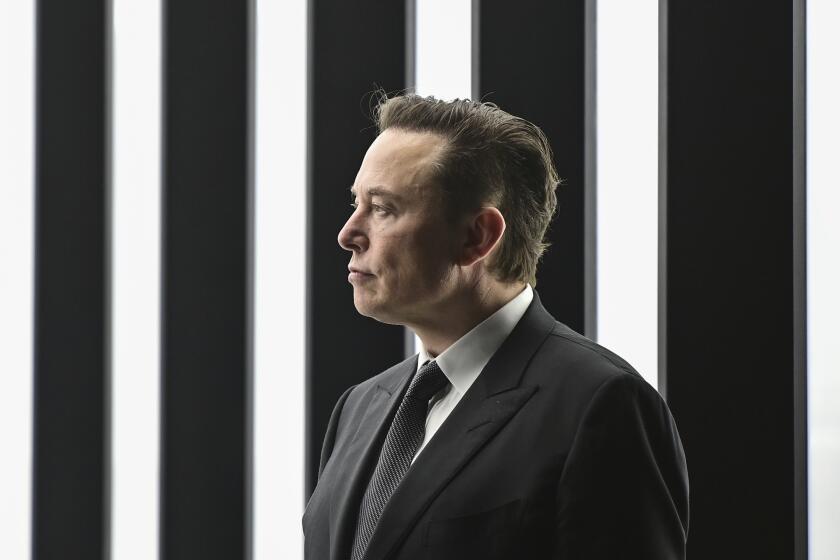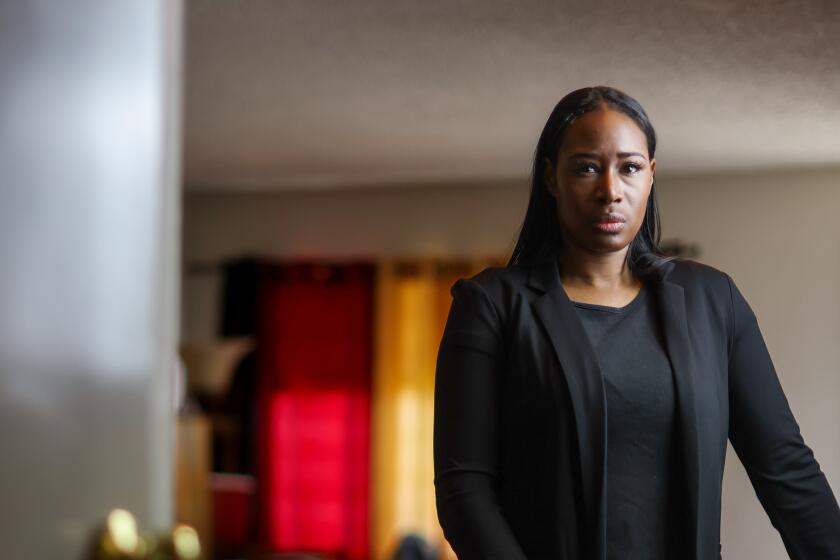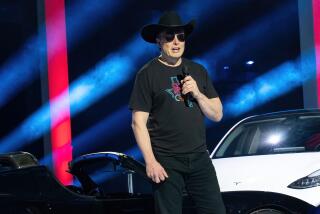Elon Musk prevails in Delaware court case on SolarCity deal

A Delaware court sided with Tesla CEO Elon Musk in a bitter legal battle over whether he acted against the best interest of other shareholders when he steered the electric car maker into a $2.6-billion acquisition of a solar panel maker founded by two of his cousins.
The 132-page decision issued Wednesday by Delaware Chancery Court Vice Chancellor Joseph R. Slights vindicated Musk, who appeared on the witness stand last summer during two days of often combative testimony. Musk defended his reasons for thinking it was a good idea for Tesla to buy SolarCity in November 2016, even as some analysts and some stockholders questioned the deal’s wisdom.
Musk decided to fight the lawsuit even after other directors on Tesla’s board at the time of the deal reached a $60-million settlement without an admission of fault. Had the Delaware court ruled against him, Musk could have been ordered to pay $2 billion or more at the same time he is trying close a $44-billion acquisition of Twitter. Musk has pledged to cover $21 billion of the price in the Twitter deal, which was struck earlier this week.
Twitter’s approach to moderating users behavior has influenced the entire social media ecosystem. But Elon Musk seems intent to change the company’s trajectory.
The long-running shareholder lawsuit alleged that Musk breached his fiduciary lawsuit by pursuing the SolarCity deal despite glaring conflicts of interest. Musk was SolarCity’s largest shareholder at the time Tesla struck the deal.
But Slights ruled the acquisition was “entirely fair,” even while conceding that “Elon was more involved in the process than a conflicted fiduciary should be.”
While shareholders had argued Musk grossly misrepresented the value of SolarCity’s technology for Tesla, Slights disagreed. Pointing to evidence showing Tesla has been able to cross-sell solar and home battery storage products to consumers who also bought Tesla cars, “the preponderance of the evidence suggests that the Acquisition was and is synergistic,” the judge wrote.
Tesla’s stock price has increased by 22-fold since the SolarCity purchase was completed, creating more than $850 billion in shareholder wealth. That apparently wasn’t lost on Slights, who observed that “Tesla’s value has massively increased following the acquisition.”
In their own words, former Tesla employees describe what they call a racist work environment that led California to file a civil rights lawsuit against the company.
More to Read
Inside the business of entertainment
The Wide Shot brings you news, analysis and insights on everything from streaming wars to production — and what it all means for the future.
You may occasionally receive promotional content from the Los Angeles Times.










